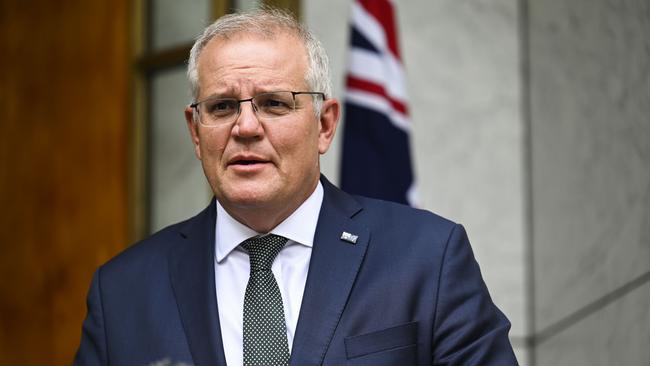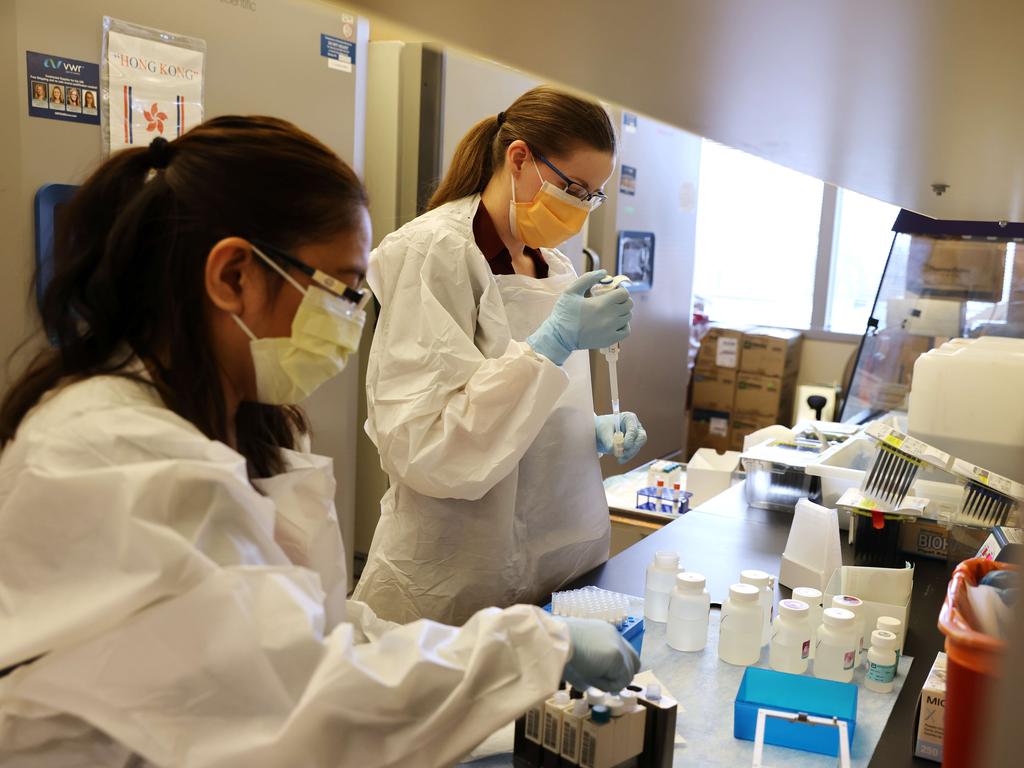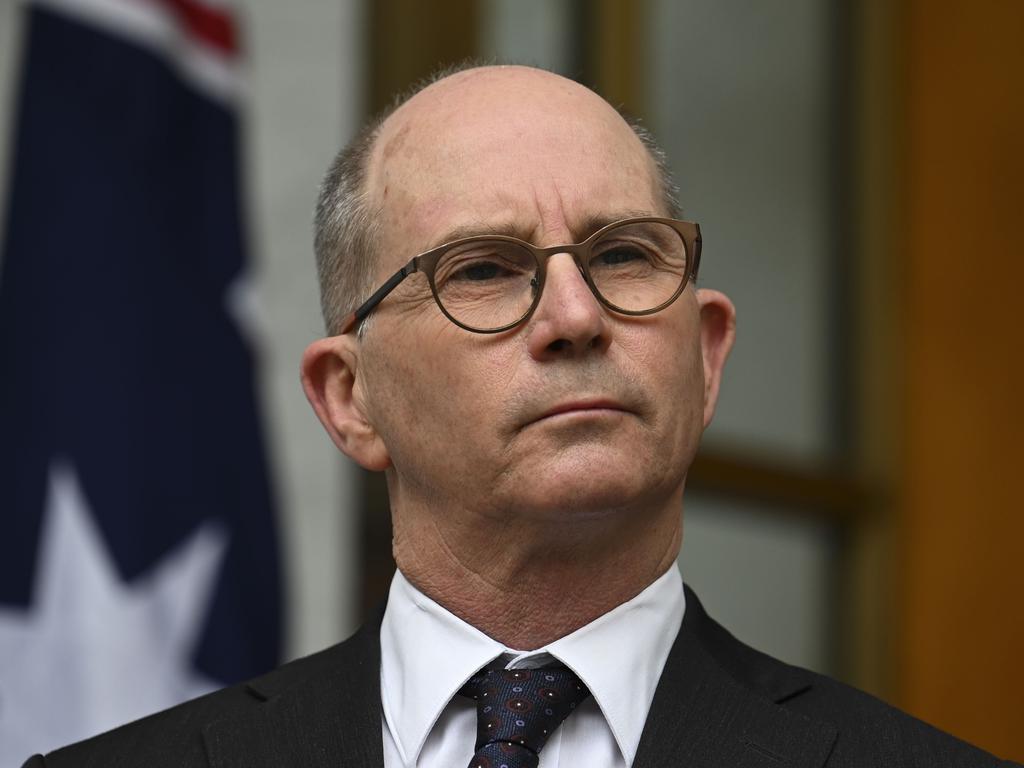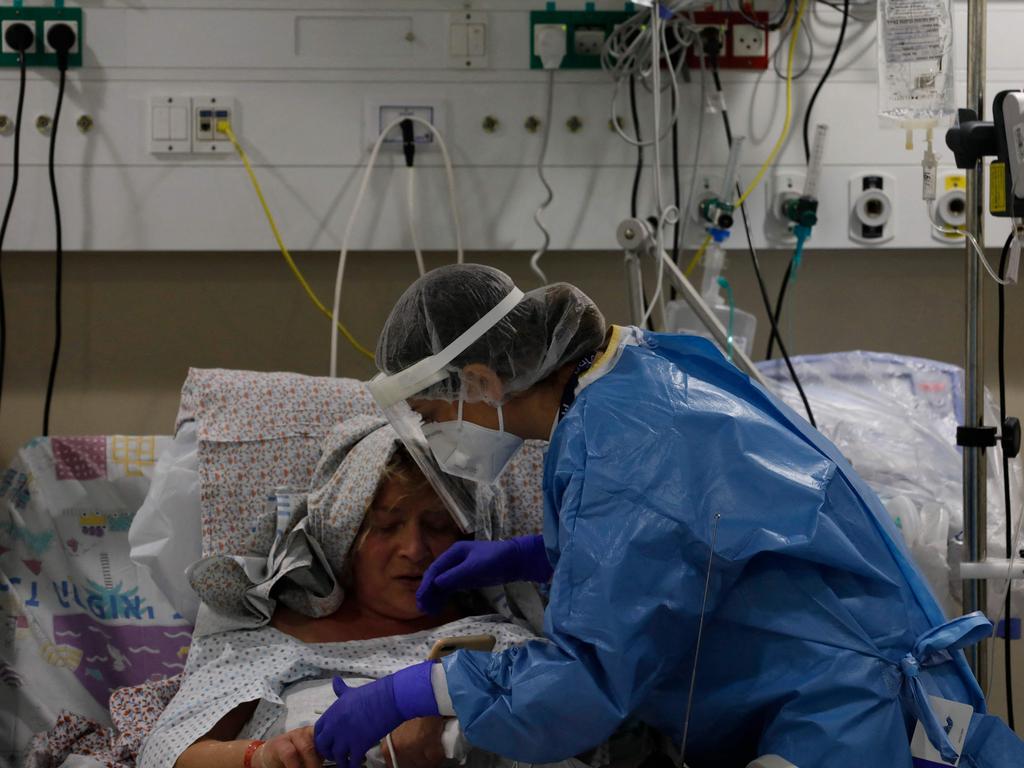Industry irate at no-change Covid-19 isolation ruling
A decision by national cabinet to leave Australia’s Covid-19 isolation requirements unchanged has angered leading industry bodies.

A decision by national cabinet to leave Australia’s Covid-19 isolation requirements unchanged has angered leading industry bodies, which have warned of widespread business closures and a further crippling of supply chains if “untenable” workplace shortages are not addressed.
Announcing the outcome of Thursday’s national cabinet meeting, Scott Morrison confirmed the country’s seven-day isolation requirement for Covid-positive individuals would remain in force on advice from the country’s chief health officer.
The Prime Minister had earlier flagged reducing the isolation requirement from seven days to five days in a move that would have mirrored arrangements in countries such as the US. The British government has signalled the possibility of ending isolation requirements for positive cases.
Mr Morrison said he was seeking to balance the need to return people to work with reducing strain on the country’s stressed health system. “We believe we have that balance right,” he said, adding that the matter would remain “under constant review”.
Other proposals discussed at national cabinet included a measure to reduce the age of eligibility for forklift drivers to 16 years, but the measure was abandoned after consultation with the transport sector and some safety concerns.
Mr Morrison said officials would instead review the recognition of New Zealand truck driver licensees and other licensing regulations in a bid to increase the number of heavy vehicles on the roads and repair supply chain shortages.
The other headline agenda item – the return of school students – ended with state and territory officials agreeing to release individualised plans, with NSW and Victoria understood to be looking at releasing their arrangements as soon as the weekend.
Industry chiefs responded angrily to the decision to maintain isolation requirements and the current list of critical industries eligible to see workforce staff return sooner than the mandated seven-day isolation requirement.
Australian Industry Group chief executive Innes Willox described the outcomes as disappointing, criticising the existing arrangements as causing “damage and destruction”. He said the federal government needed to rethink its decision to assist businesses “through what is a very rough patch”.
Australian Chamber of Commerce and Industry chief Andrew McKellar pointed to acute workforce challenges creating chaos across critical supply chains, saying keeping isolation requirements at seven days would risk business closures and significant reductions in operating capacity.
“There are simply not enough workers exempt from close contact isolation requirements to fulfil dire shortages across industry,” he said. “Even if an employee has a negative rapid test result, many are unable to return to the workplace without an exemption.”
He cited as an even bigger issue the supply of rapid antigen tests., saying a shortage of tests meant employees in some critical sectors were unable to fulfil basic testing requirements to safely return to work. “As soon as the availability of rapid antigen testing makes this possible, national cabinet should take action by extending close contact protocols to all workers.
“As such, procuring sufficient supply of rapid tests must be a critical priority,” he said.
Retail and hospitality sector chiefs who have engaged in weeks of consultation with governments at both levels were equally dismayed by the decision to not loosen isolation requirements to their workforces.
National Retail Association chief executive Dominique Lamb said the retail sector was experiencing its “worst time” since the pandemic started in early 2020 and called for greater flexibility for the management of Covid-19.
“Retailers right now are being hit from all sides with a skills crisis and current employees either contracting Covid or being identified as close contacts.
“There are simply not enough people to open our stores in many cases,” she said. “We understand national cabinet’s considered approach but we need these flexibilities expanded to other industries. We need a clear path forward for business and alternatives to RATs where they cannot be obtained.”
Restaurant and Catering Australia chief Wes Lambert echoed this concern and called the present arrangements “completely untenable … The longer Australian hospitality workers are kept off the critical industries list, the longer businesses across the nation will remain shut.”







To join the conversation, please log in. Don't have an account? Register
Join the conversation, you are commenting as Logout